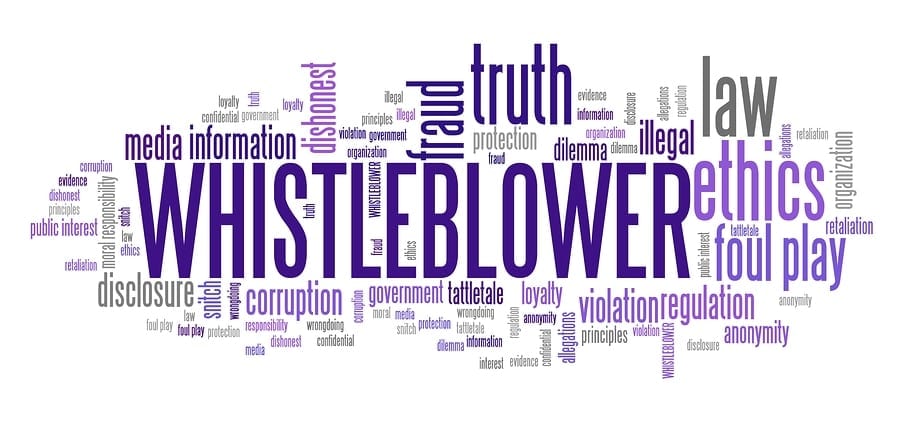How Employees Can Protect Themselves from Workplace Retaliation

Under both federal and Georgia state law, employers are prohibited from retaliating against an employee that engages in a protected action, which includes filing a complaint, testifying against an employer, or reporting an employer for workplace discrimination or harassment. But how exactly are those protected actions defined, and what should you do if you suspect retaliation by an employer? Keep reading to learn more about workplace retaliation.
What Is Workplace Retaliation?
According to the Equal Employment Opportunity Commission, retaliation occurs when an employer takes an adverse action against an individual, usually an employee, for participating in a protected action.
Protected action covers a wide range of actions, such as:
- Opposing an action they believe to be discriminatory
- Participating in an employment discrimination proceeding, such as serving as a witness or contributing to a workplace discrimination investigation
- Refusing to follow an order they believe to be discriminatory
- Reporting sexual harassment or intervening to stop it from occurring
- Engaging in any other protected activity, such as threatening to file a complaint to the EEOC
It is illegal to fire an employee for any of these protected actions even if, after a complaint is filed, an investigation finds that no actual discrimination took place, as long as the complaint is filed in good faith.
Adverse action from an employer can mean several different things, including the following:
- Firing an employee
- Demoting an employee
- Denial of benefits
- Suspension
- Threats
- Reprimands
- Negative evaluations
- Abuse, physical or verbal
- Increased scrutiny
- Any action that makes normal duties more difficult, like changing the schedule of an employee to make family responsibilities harder to maintain
Engaging in protected activities does not completely shield employees from disciplinary action, however, unless those disciplinary actions are specifically in retaliation for protected activities. In other words, you can still be fired after filing an EEOC complaint if you don’t continue performing your duties as usual.
Are Employees Protected from Retaliation in Georgia?
Georgia follows a strict at-will employment doctrine. As such, state laws do not provide much legal protection from retaliation, but employees are still protected by federal EEOC retaliation laws. These laws protect both those who file an official complaint with the EEOC, and those who informally oppose discriminatory workplace practices without filing an actual complaint.
What You Should Do If You Suspect Retaliation
Here are some steps to take if you suspect workplace retaliation in Georgia:
- Go to your direct supervisor or HR manager and advise them of the issue. This will give your employer a chance to correct the problem and give you a good explanation for the actions they took. If their explanation is reasonable and they can support their decision with documentation, such as supporting a demotion with multiple recorded performance issues, you may not have any retaliation at all.
- If they cannot explain why the action they took isn’t retaliatory, start your paper trail. If your employer can’t adequately explain their actions, it may be time to begin gathering documents and start building a workplace retaliation case against them. You’ll need to find proof that your complaint is linked to the action they took, so look for documents that prove your employer has treated you unfairly since the complaint was filed.
- Get legal representation and file a complaint with the EEOC.
How a Georgia Employment Lawyer Can Help
If you’ve been a victim of workplace retaliation, a Georgia employment law attorney at Vaughn Law Firm can assist in filing an EEOC complaint and explain your options. Contact us today at 877-212-8089 for a free, confidential consultation, and we will review your case to determine if your employer violated any state or federal laws. Don’t let workplace retaliation make your work life unbearable. Call us today.




